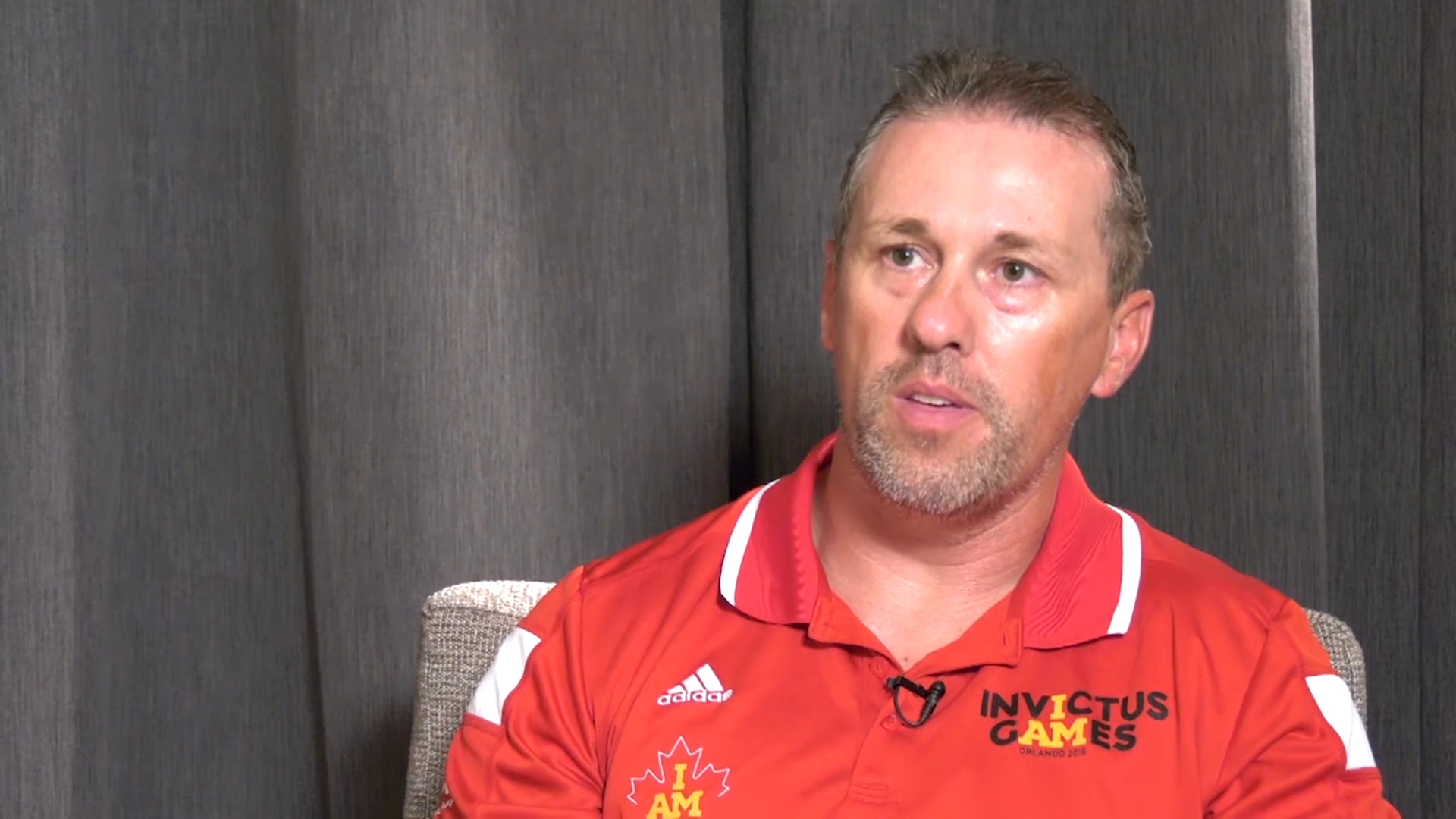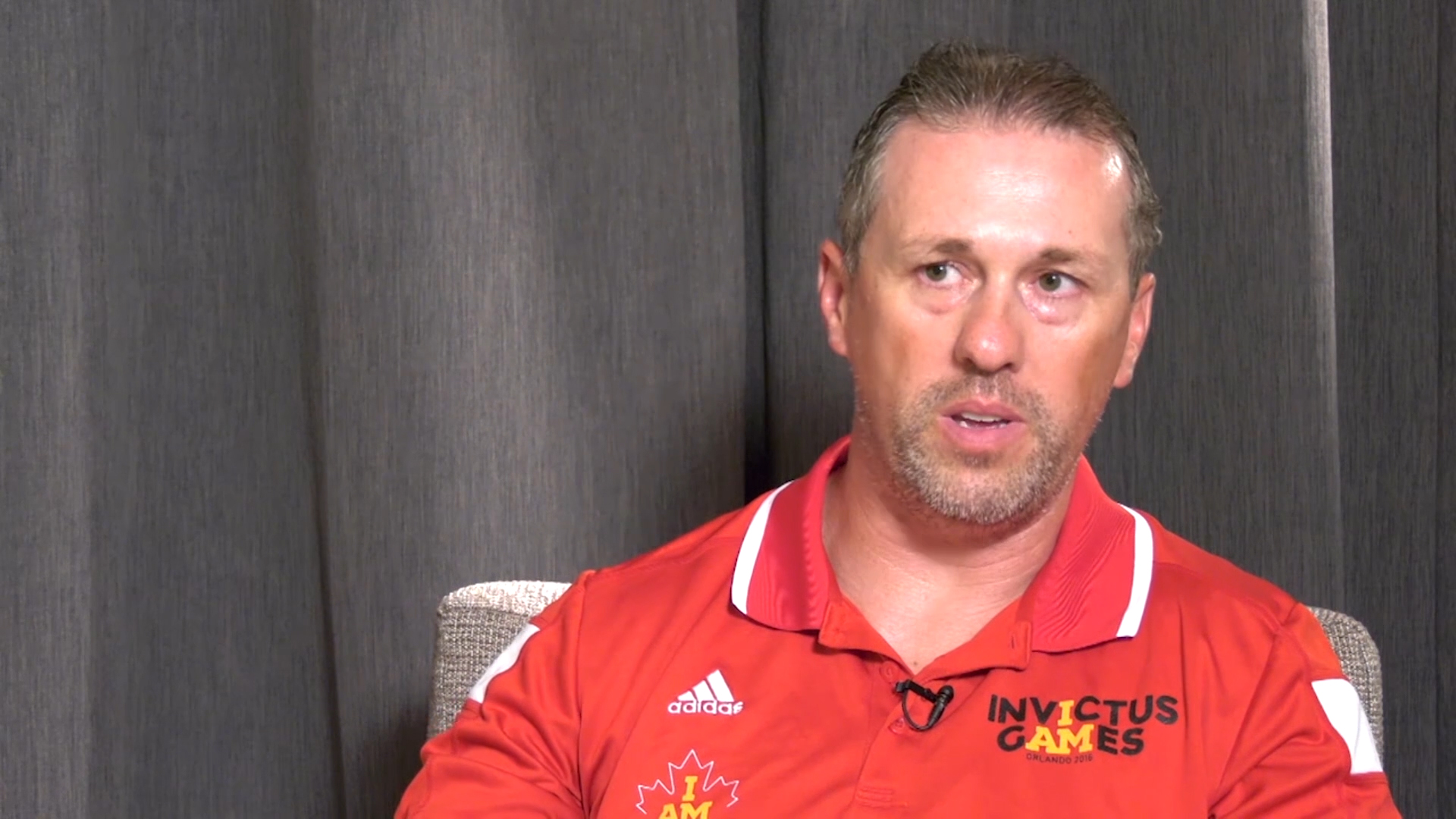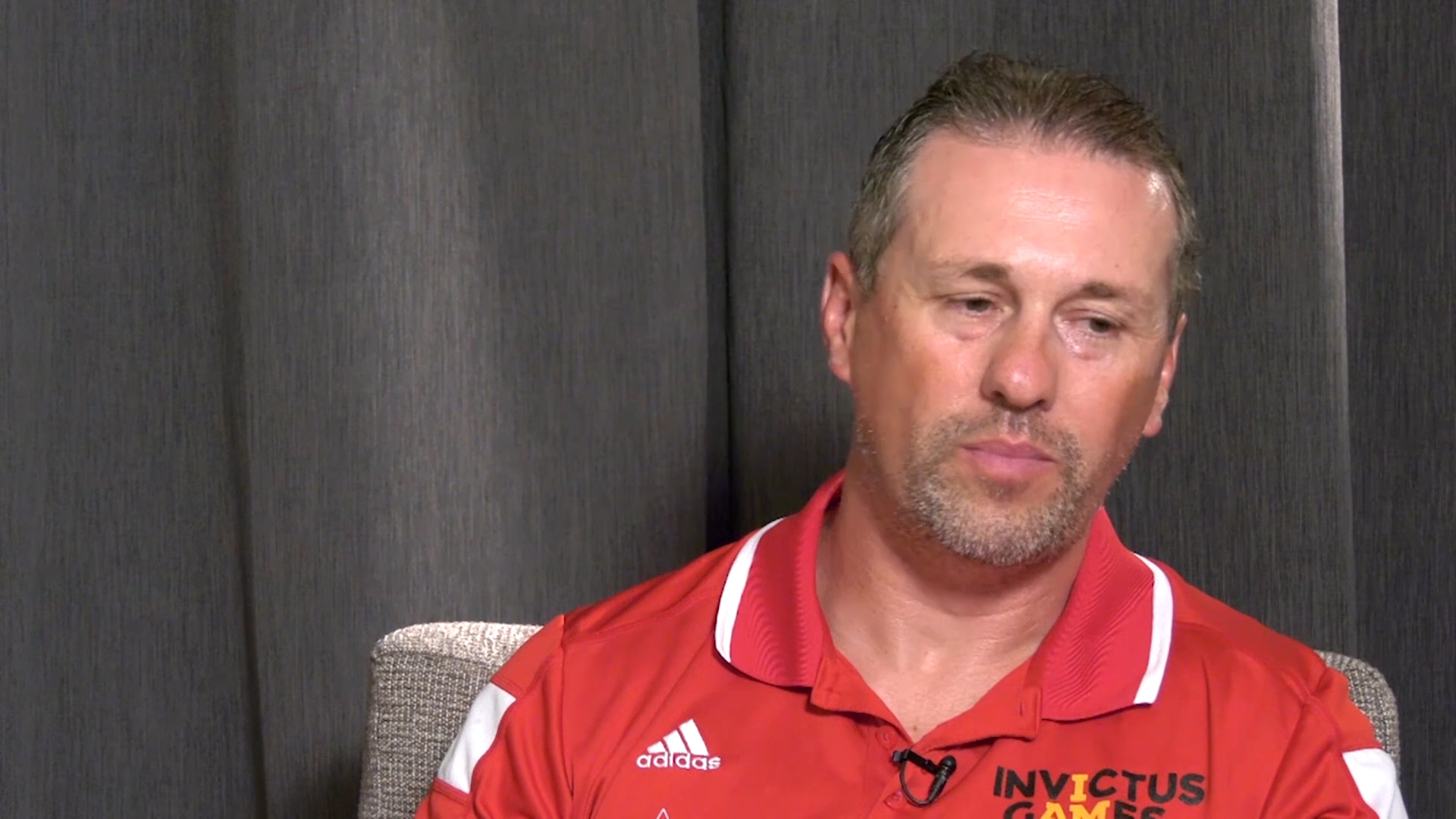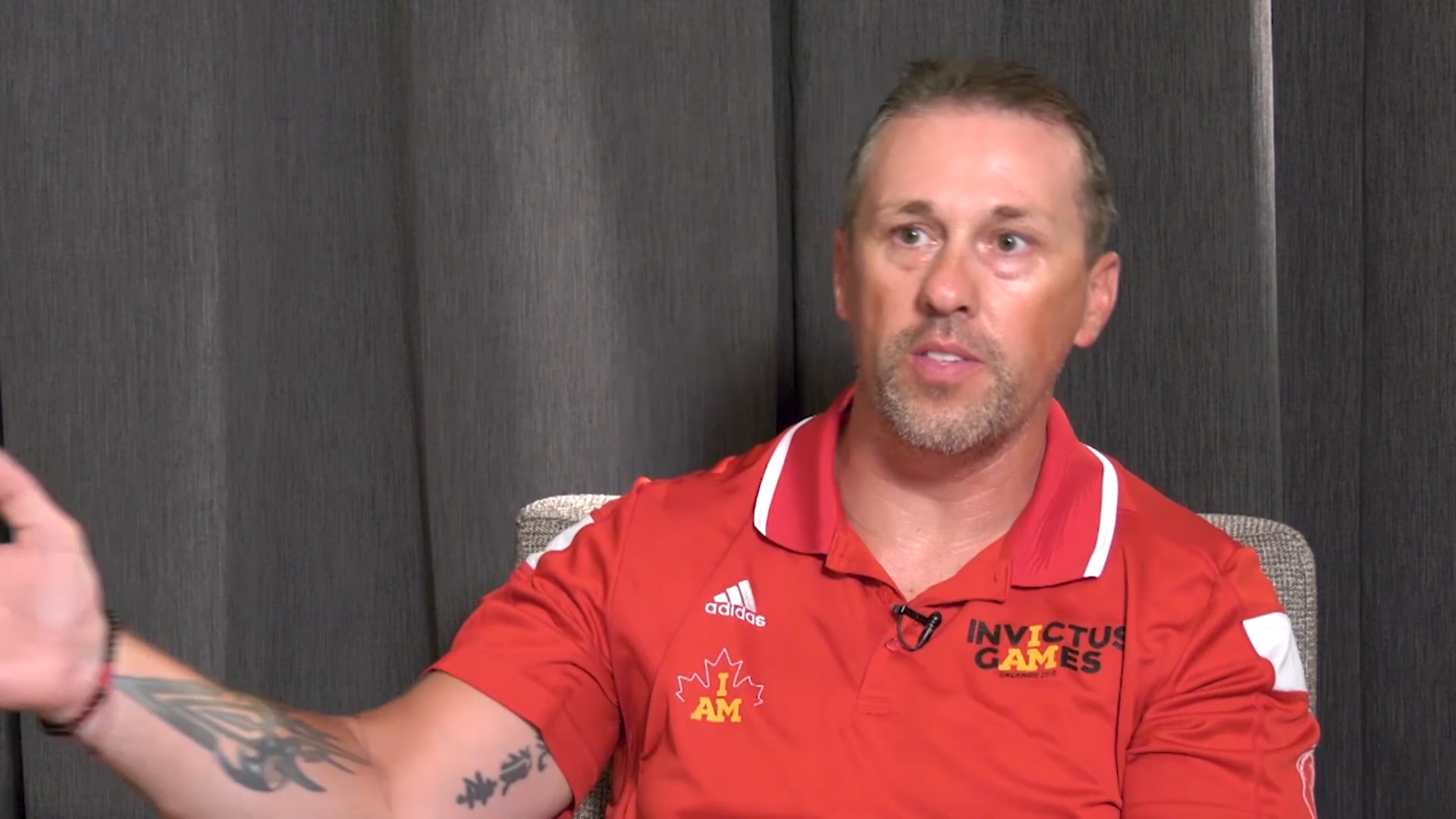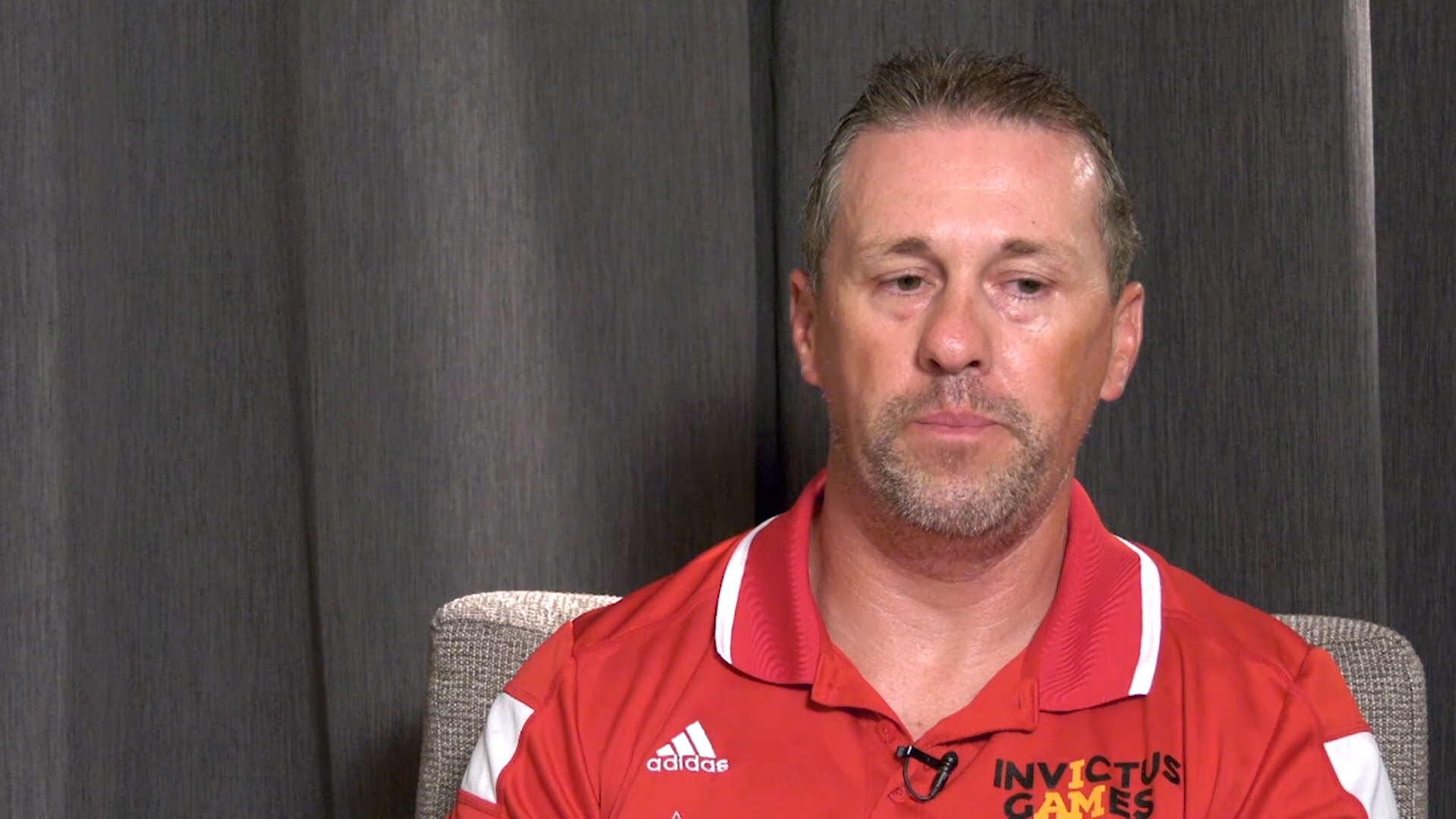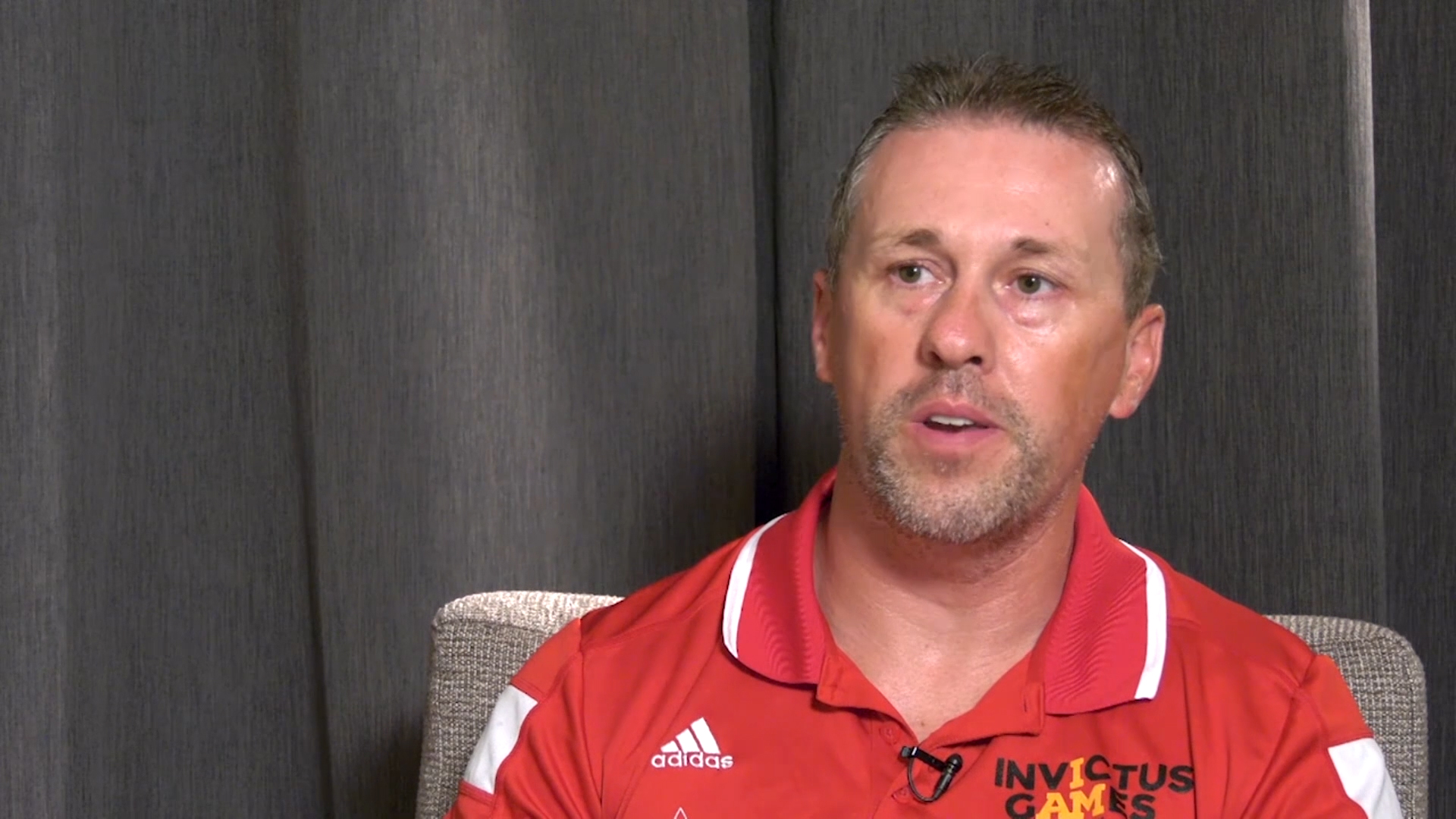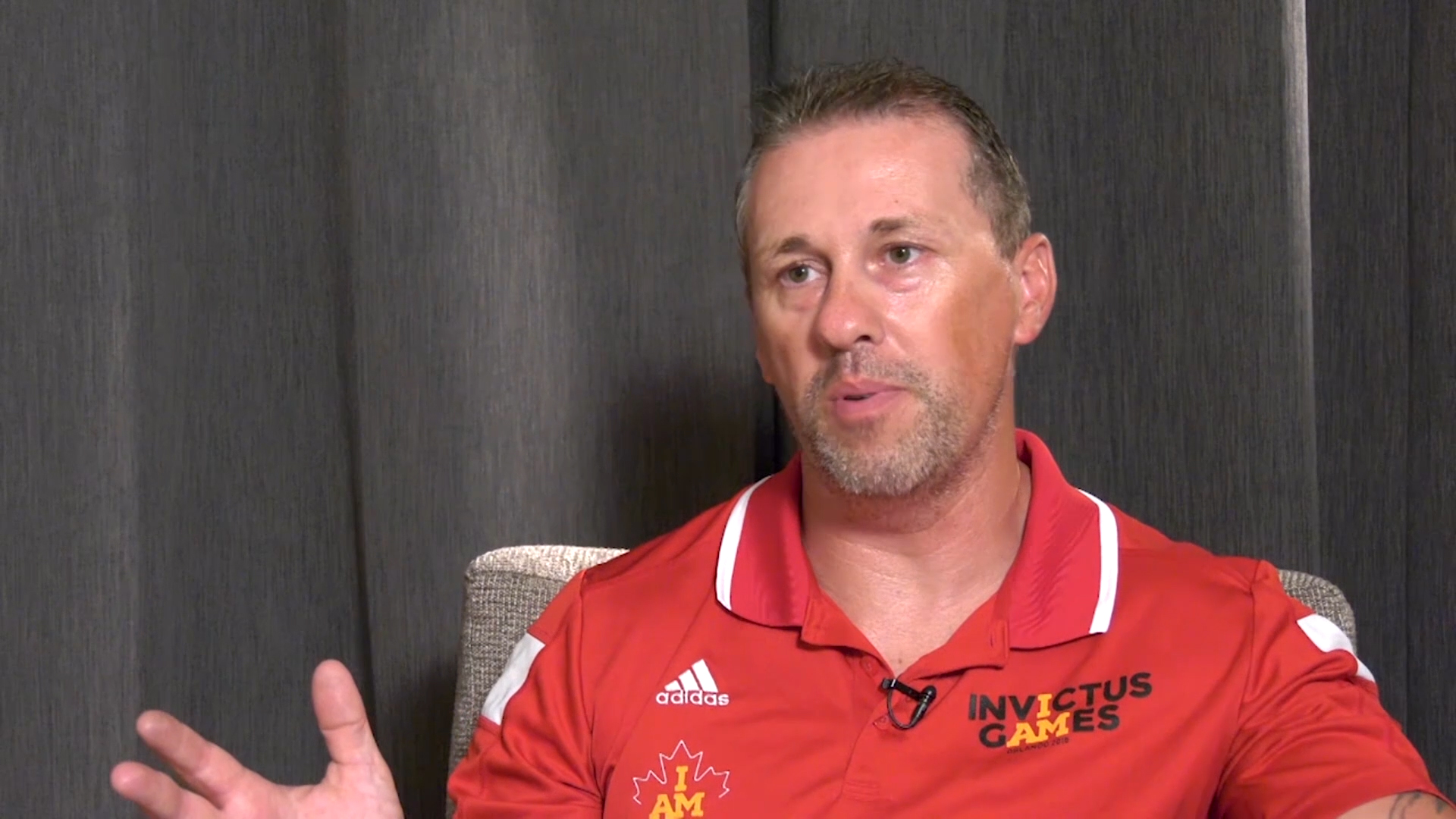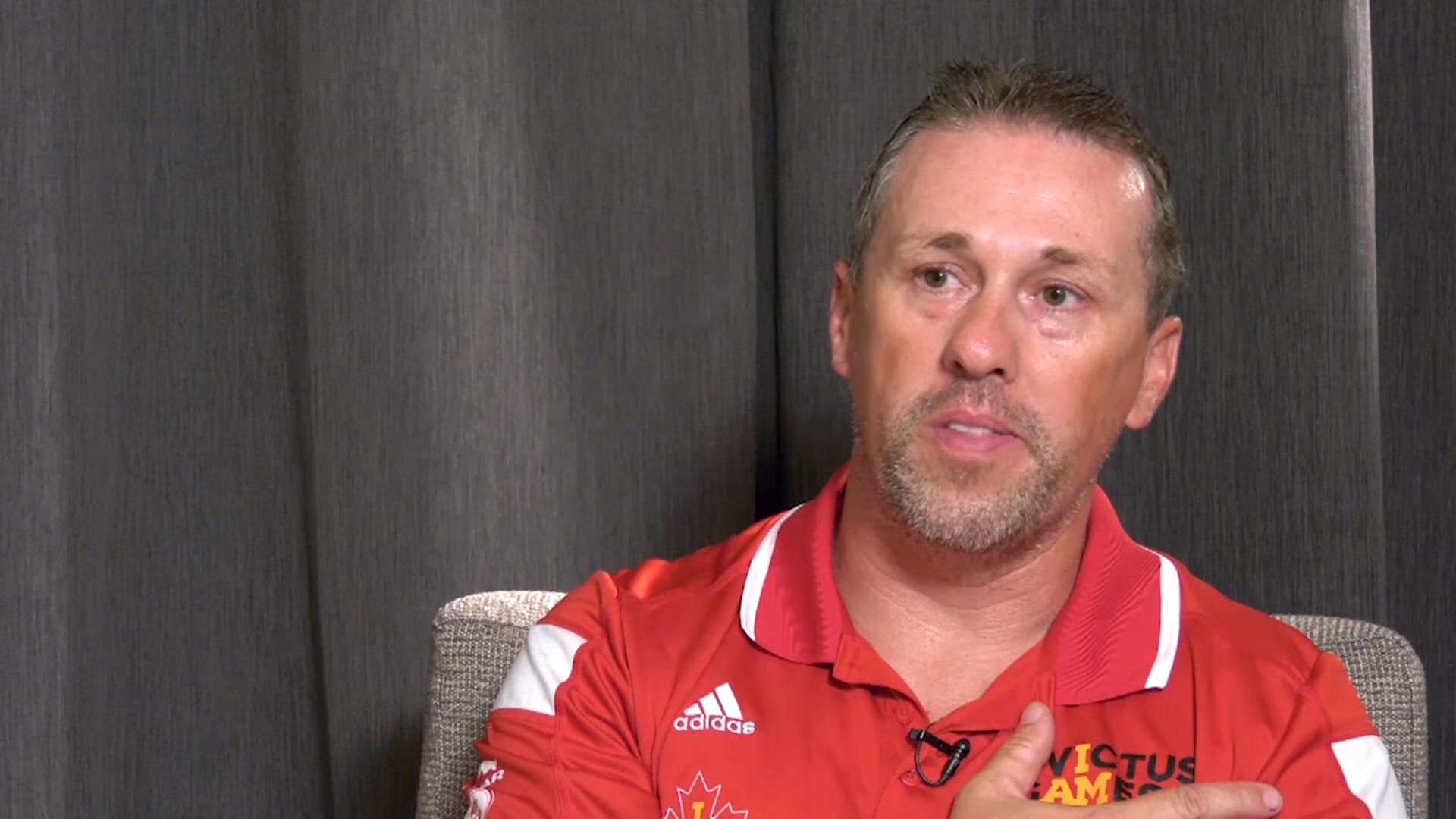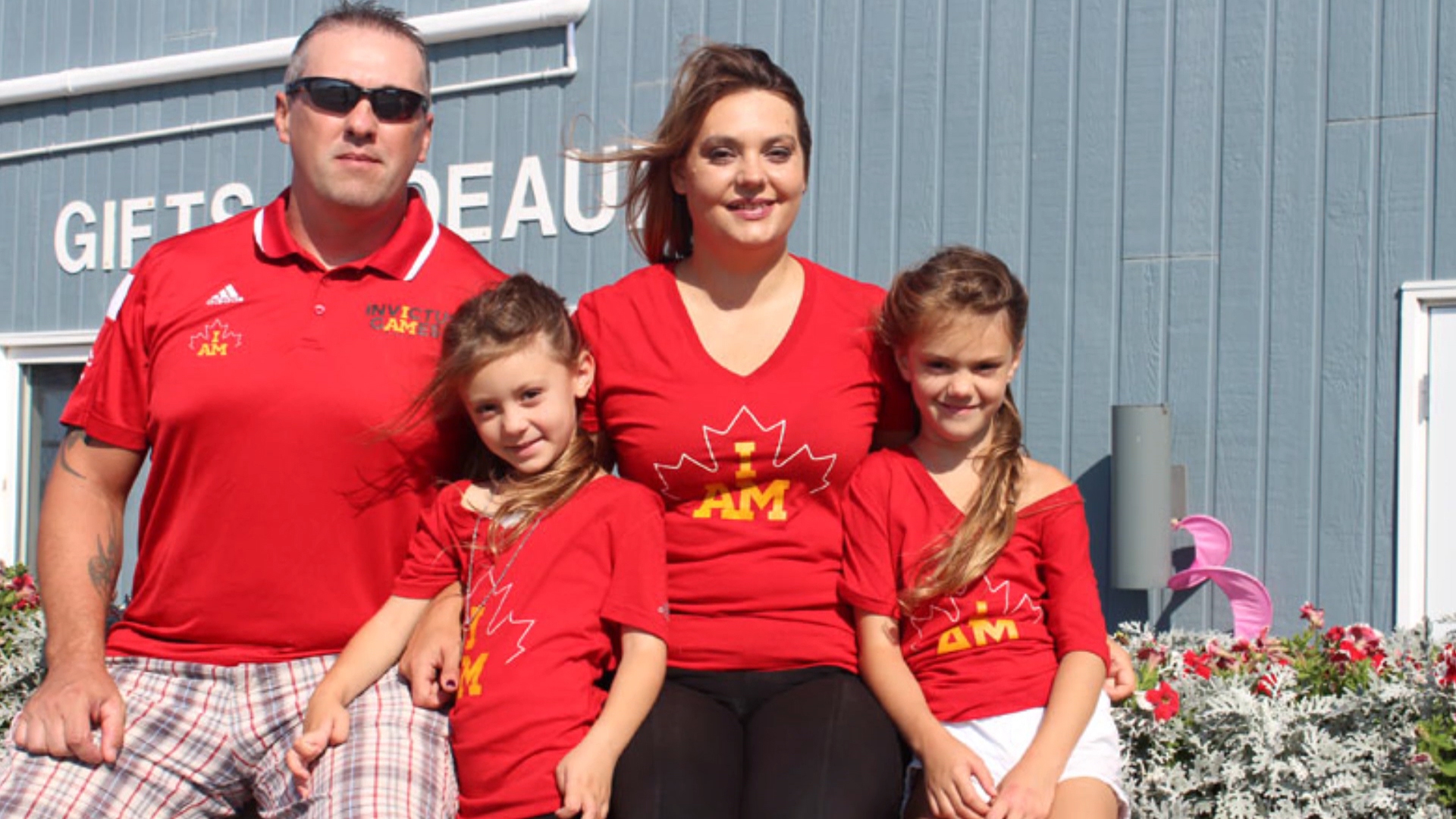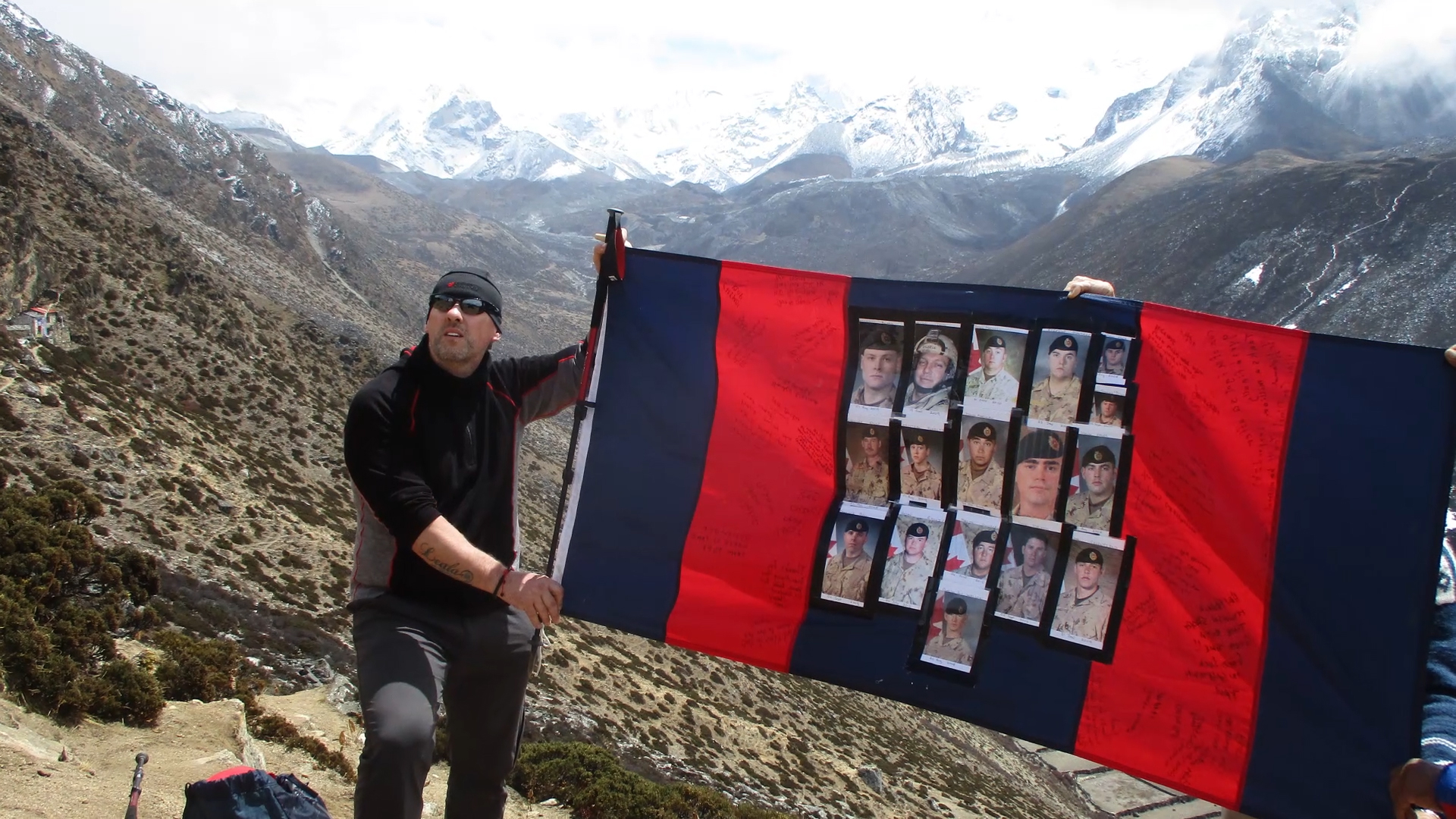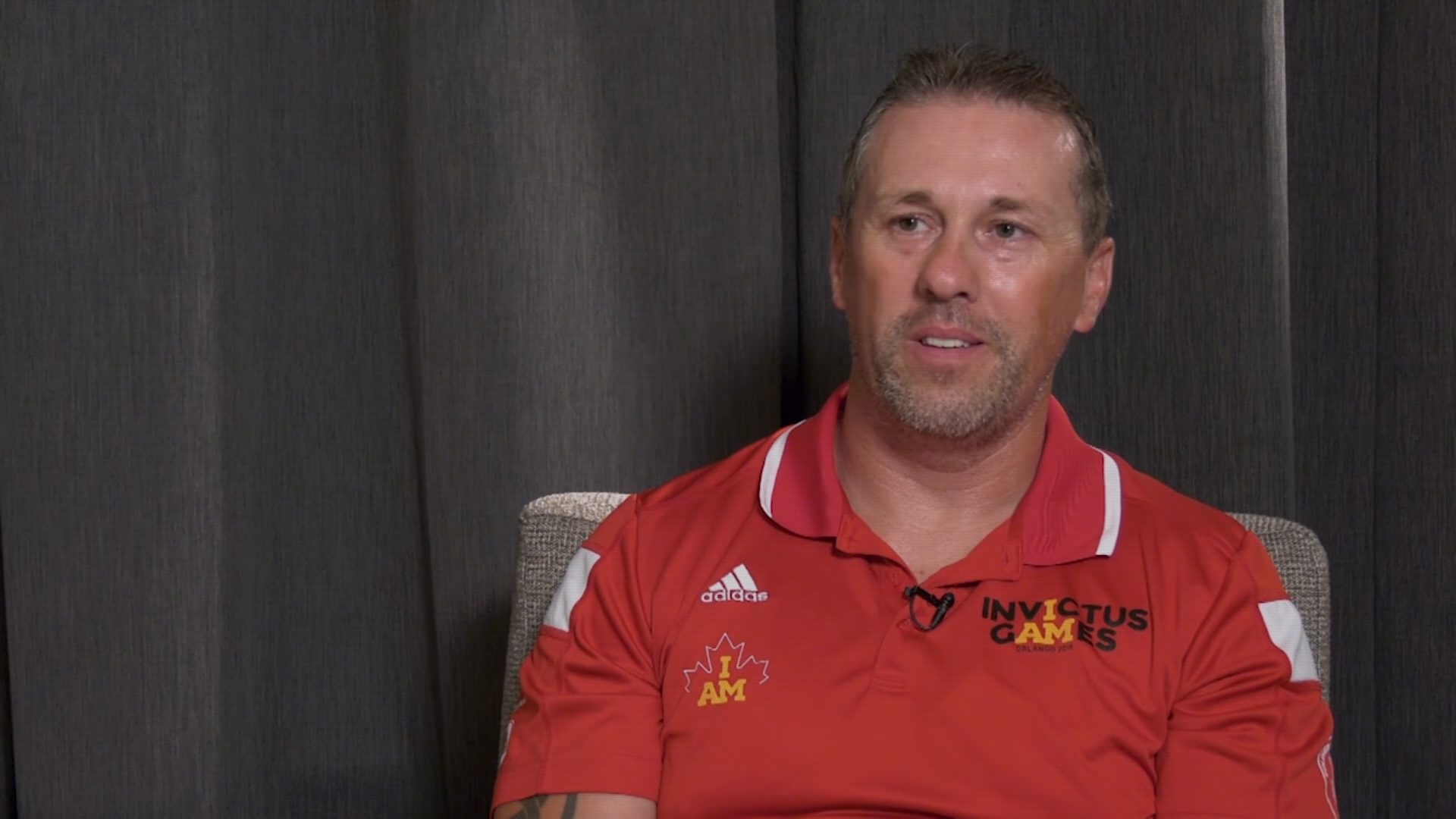First Troops on the Ground
Heroes Remember
First Troops on the Ground
Current position:00:00:00
Total time:--:--:--
We got the call in October and the first
week in December we were deployed.
It happened so fast and so quickly.
So we get there and the heat is the first
thing that hits you when you get off the plane.
The heat hits us and then, you know,
we were the first soldiers in the country
and that’s in Ethiopia, Eritrea,
that’s where we went. So we had nowhere
to stay pretty much. We had nothing.
So we just occupied an abandoned building
and we set up some cots and then
we went and we worked. We built a two
hundred man camp for the following forces
that were coming in.
So we built all the accommodations.
We had everything ready to go so that when
the main peacekeeping force landed they
were set up and good to go.
Then we transferred over to our mission which
was peacekeeping and ordinance disposal.
So we wake up and we had our
morning routine. So we do our morning PT
as per usual and then we go and
we do some cleaning where we were
staying and then our orders would come in.
We had platoon houses in our area of
operation and we had a section of engineers
in each platoon house so we would
rotate through a platoon house. So if it was
your day to go you’d get your gear packed
and you would leave the main camp and
you would head out to the platoon house
three or four weeks at a time.
We would do a lot of patrols.
So we would do a patrol in the morning
and a patrol in the evening.
That was one thing we did. Another thing we
did a lot of CIMIC projects so we helped
build a school. We helped repair a school,
repairing villages, helping get things to the
people that were in severe need.
So we do that all through the day and then
in the evening we would wind
down and we would go and we had a huge
mess tent set up and we were allowed
two beer per soldier at the time so it was
a good chance to wind down.
There was a cease fire so we had two
hundred and fifty Canadian peacekeepers in
the middle of over one hundred thousand
Ethiopian and Eritrean soldiers so we were
right in the middle. If you weren’t on gate
duty that night or sentry duty then you had
the evening off and you could go to your
rack and sleep or watch hockey or
you could just do Canadian things.
You know we really didn’t have a lot
because it happened so fast so our days
were long and for the most part uneventful.
We were concerned about landmines and
ordinance and safety so we had to ask the
locals where did you see these things and
can you show us. We had an interpreter with
us all the time so we were out engaging with
the local people and let them know
that we are not there to harm them, we are
there to help so being a peacekeeper
you had the white vehicles,
the blue helmets, the blue beret, you know,
all that stuff that signified that you
are peacekeeping.
The children were wonderful.
They were so happy.
They were just happy to see us.
They knew we were there to help,
especially the elders but they were standoffish
too because they were in that conflict and
they went through a lot of trauma.
So it took a while for us to gain their respect.
Related Videos
- Date modified:



